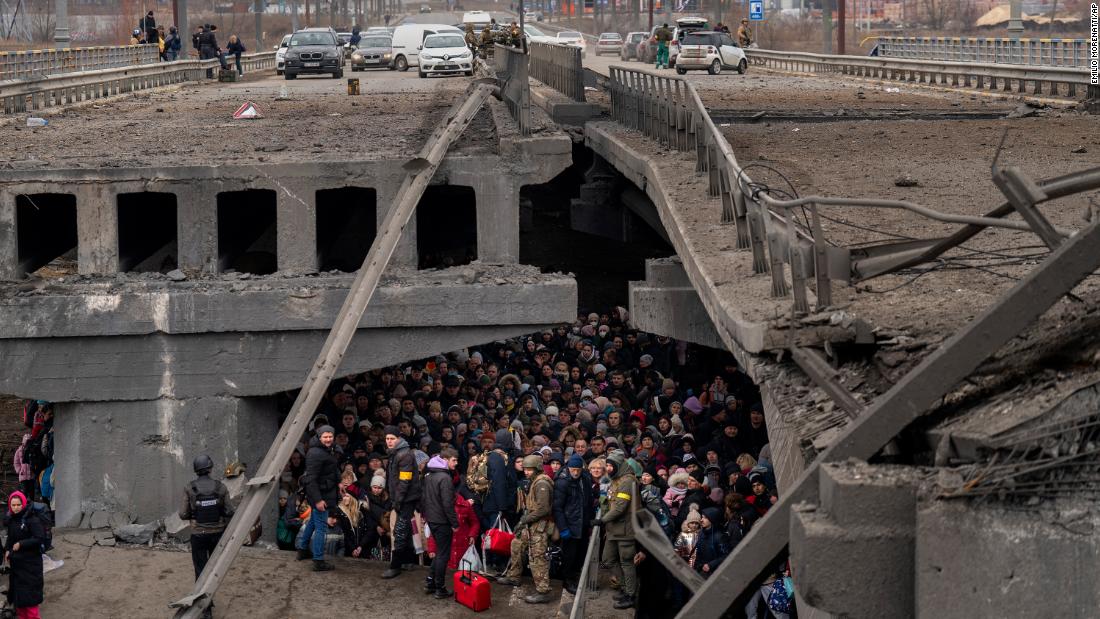Police Fatal Shootings of Civilians Persist at ‘Alarming Rate’
As of February, 138 people have died at the hands of police, putting the U.S. on course to another record number of civilian deaths this year, despite promises of reform, experts tell The Guardian newspaper.

Police officers in America continue to kill civilians “at an alarming rate” — and according to the latest data that has analyzed deadly force trends in recent years spearheaded by Mapping Police Violence, a non-profit research group, the projected rate of deaths by the end of the year could average as high as three per day, the Guardian reports.
The data, according to experts who spoke to the Guardian, suggests that in the nearly two years since George Floyd’s murder and the legal trials against the officers, America has made little policy progress in preventing deaths at the hands of law enforcement.
Moreover, many feel that the 2020 promises of systemic reforms have fallen short.
“The shocking regularity of killings suggests that nothing substantive has really changed to disrupt the nationwide dynamic of police violence,” Samuel Sinyangwe, a data scientist and policy analyst who founded Mapping Police Violence and Police Scorecard, which evaluates departments.
“It demonstrates that we’re not doing enough, and if anything, it appears to be getting slightly worse year over year.”
Sinyangwe continued in an informative tweet last week, adding that based on current projections, police killings are “proceeding at almost exactly the same pace as previous years,” adding that roughly another 870 people will be killed by police by the end of 2022 “unless there are massive systemic changes.”
Police have killed roughly 1,100 people each year since 2013. In 2021, officers killed 1,136 people – one of the deadliest years on record, Mapping Police Violence reported. And, according to the Statista Research Department, U.S. police shot 138 people to death as of February 28, 2022.
Adding more data to the national conversation, the Prison Policy Initiative has found that consistently, the United States police kill “far more civilians annually” than any other wealthy country. In 2019, for example, the U.S. police took the lives of 1,099 civilians — with Canada coming in second with 36 civilian deaths, and Australia seeing 21 civilian deaths for the same year.
See Also: Don’t Defund Police, Spend More on Training
Fund or Defund the Police?
In the wake of George Floyd’s killing, the debate to fund or defund the police has raged on — with many perspectives detailing accountability and how to move forward differently.
President Joe Biden, who has repeatedly said to “fund the police”, released a budget proposal earlier this week for $30 billion in law enforcement and crime prevention efforts — including funding to put “more police officers on the beat,” according to the Guardian.
Additional Reading: Why Police Defunding Should Remain on the Reform Agenda
The proposal sparked immediate criticism from racial justice groups, most notably the Movement for Black Lives said that this large budget only proposed $367 million to support police reform, which “shows a blatant disregard for his promises to Black people, masked as an effort to decrease crime,” the Guardian details.
“The president, along with the overwhelming majority of Americans, knows that we can and must have a criminal justice system that both protects public safety and upholds our founding ideals of equal treatment under the law,” Michael Gwin, a White House spokesperson, said in an email, as quoted by the Guardian.
There are documented solutions that could reduce killings, said Alex S. Vitale, a sociology professor at Brooklyn College and an expert on policing — solutions that don’t necessarily have to do with funding or defunding law enforcement, but rather, investing in our mental health care system.
Vitale has noted estimates suggesting that 25 percent to 50 percent of people killed by police were having a mental health crisis at the time of their alleged offense.
“If we would develop non-police mental health crisis teams, and improve community-based mental health services, we could save hundreds of lives a year,” he said, as quoted by the Guardian.
“While the media has mobilized crime panics to try and shut down talk of reducing our reliance on policing, organizations across the country are doing grassroots work in communities to demand these alternatives,” Vitale concluded.
Additional Reading: As Police Violence Increases, Civilians Less Likely to Call 911: Study
Andrea Cipriano is associate editor of The Crime Report

 Landwebs
Landwebs 






















